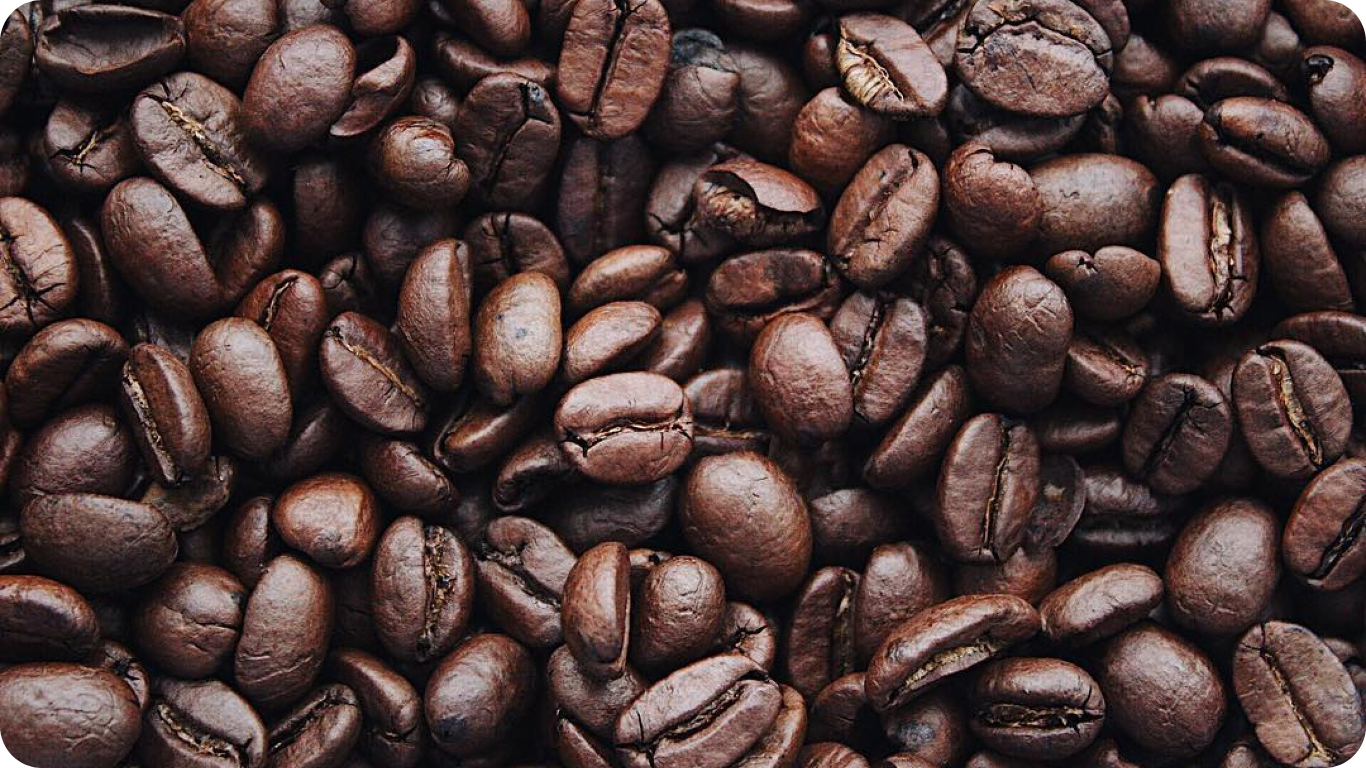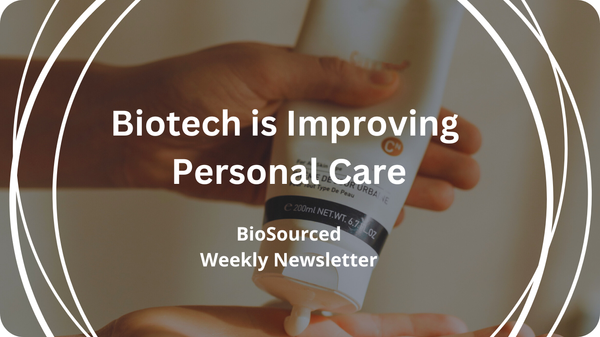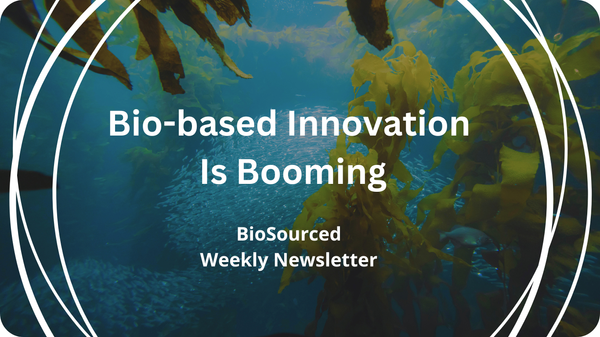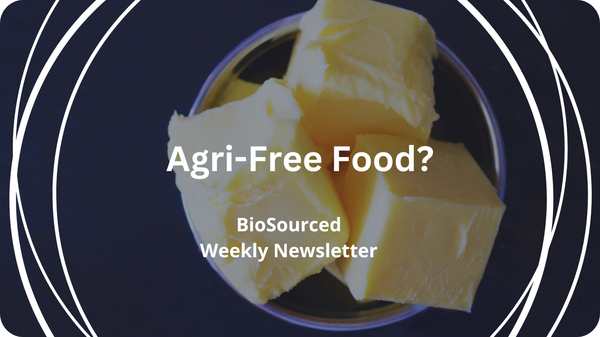Atomo Beanless: Is the Future of Coffee Beanless?

Coffee. It’s the fuel of boardrooms, late-night study sessions, and almost every functioning adult’s morning routine. It’s also a $100 billion + industry that’s integrated itself into the routine of almost every functional adult. But while we sip away, the hidden impact behind each cup is severe.
The Dark Side of Coffee Production:
- 37% of global coffee production is directly linked to deforestation, especially in biodiversity hotspots like the Amazon and South East Asia.
- A single cup of coffee consumes about 140 liters of water. That’s more than a long shower, all for a caffeine hit.
- Many coffee farmers work in harsh conditions with low wages. Between 1996 and 2023, 3,700 workers were found in conditions akin to slavery in Brazil alone.
- Climate change and global warming are intensifying threats to coffee farming, with rising temperatures and unpredictable weather patterns making traditional coffee cultivation increasingly unsustainable.
Given these challenges, it’s clear that the way we produce coffee needs to change. Atomo Coffe, a Seattle-based startup is putting its imagination to the test by engineering beanless coffee.
Meet Atomo Coffee
Founded in 2019 by food scientist Jarret Stopforth and entrepreneur Andy Kleitsch, Atomo Coffee emerged as a radical rethink of coffee’s future. They set out to reduce our reliance on traditional coffee farming while preserving the taste and ritual coffee lovers crave.
The inspiration behind Atomo was rooted in a simple yet powerful realization: If we can replicate the taste and aroma of coffee without relying on deforestation-heavy farming, we can solve one of the industry’s biggest sustainability challenges.
Using food science and biotechnology, Atomo developed a way to reverse-engineer the molecular composition of coffee—without growing a single bean. Instead, it upcycles food waste and plant-based ingredients like date seeds, guava, and strawberry fibers to mimic the rich flavor, aroma, and mouthfeel of conventional coffee
According to Atomo, its sustainable coffee innovation emits 83% less CO2 and requires 70% less farmland.
By shifting away from traditional coffee farming, beanless coffee brands like Atomo help reduce deforestation, soil degradation, and climate vulnerability, making it a model for circular food systems.
UK Debut: Beanless Coffee Lands in London 🇬🇧
Since the launch of its first cold brew product in 2021, Atomo has partnered with Bluestone Lane coffee shop to spread its products across the US, traveled the Atlantic to launch in Japan last year, and is now bringing its beanless espresso to the UK with its exclusive launch at Hagen Espresso in London, a global coffee hub.
Hagen’s commitment to premium, ethical, and sustainable coffee makes it an ideal partner to introduce eco-friendly coffee alternatives to a discerning audience. It is currently the first and only UK venue serving Atomo’s beanless espresso, , giving London coffee lovers a carbon-friendly caffeine fix.
In 2024, Atomo also opened an innovative 33,500-square-foot production facility in Seattle, designed to produce up to four million pounds of beanless coffee per year—a major step toward scaling sustainable coffee alternatives.
The big question: Will beanless coffee replace traditional coffee?
Coffee is deeply ingrained in global culture, and most consumers are still hesitant to switch to coffee substitutes. However, as concerns over coffee’s carbon footprint, deforestation, and climate change grow, alternatives like bean-free coffee are gaining traction.
Consumer adoption of beanless coffee will depend on taste, accessibility, and price, but as biotech coffee innovations evolve, companies will need to develop transparent, ethical supply chains to meet increasing global demand.
While the shift to beanless coffee could help address environmental challenges, it's essential to consider the millions of smallholder farmers who rely on coffee cultivation for their livelihoods. A sustainable transition means not just innovating what’s in our cup but also ensuring alternative employment opportunities in regenerative agriculture, agroforestry, or new supply chains that support rural economies. After all, the future of coffee shouldn’t just be climate-friendly—it should be people-friendly too.
Atomo’s London debut isn’t just about a new product — it’s a signal of where the industry is heading. For bio-innovators, sustainable food entrepreneurs, conscious consumers, and sustainability leaders, it’s worth watching how these developments evolve. The coffee we know is changing. The question is: Are we ready for it?
Other Beanless Coffee Innovators to Watch
If you’re curious about other companies pioneering coffee alternatives, check out these beanless coffee startups leading the charge:
- Compound Foods: A Californian biotech startup using fermentation to recreate coffee’s flavor without beans.
- Northern Wonder: A Dutch company developing bean-free coffee substitutes from roasted cereals, legumes, roots, and fruits.
- VTT Technical Research Centre of Finland: A non-profit research institute exploring cellular agriculture coffee to create lab-grown coffee.
The next generation of coffee isn’t just about where it’s grown—it’s about how it’s made.





